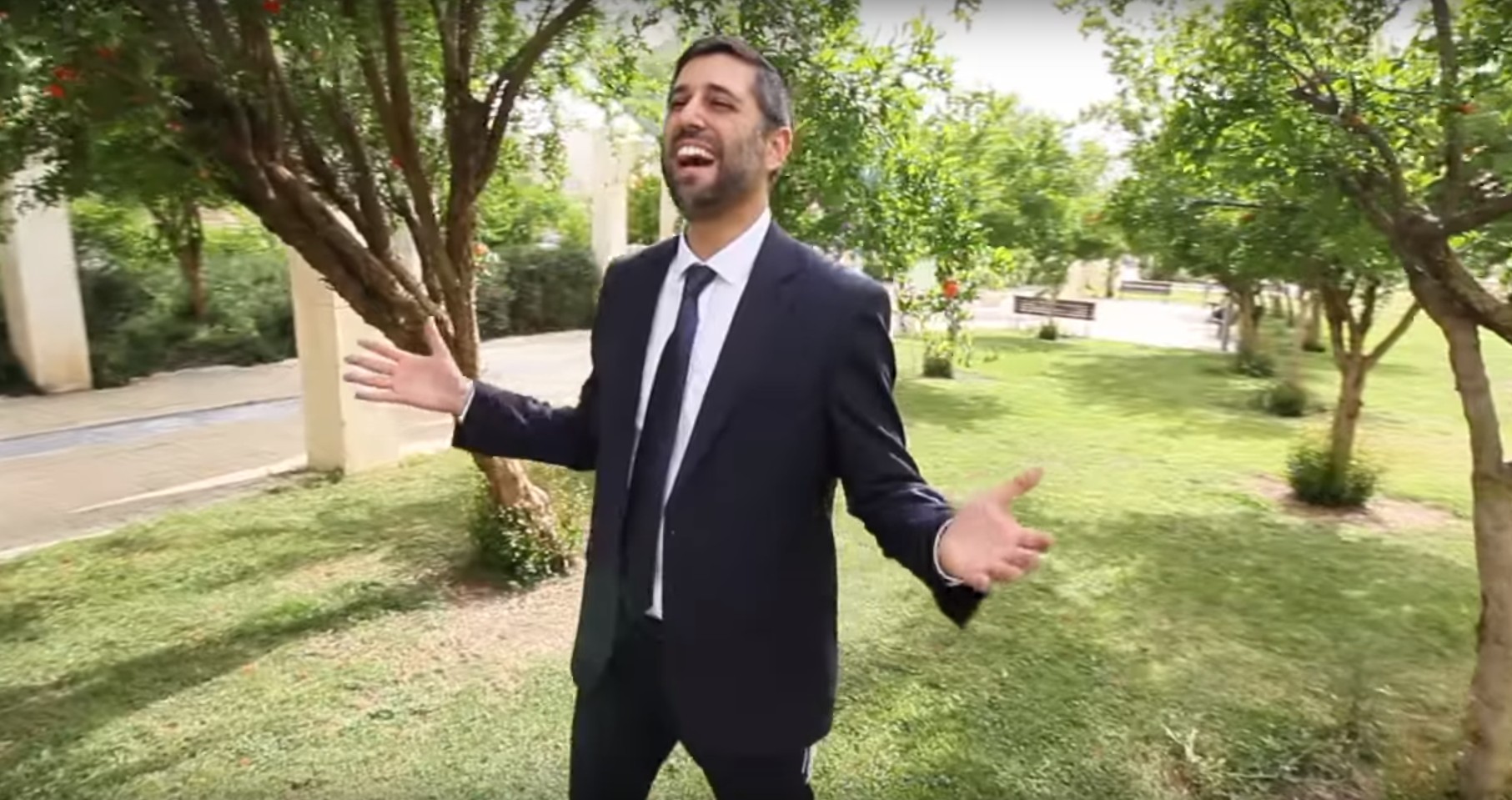Cest comment Acheter Du Inderal et rapide: Cherchez bel et bien et beaucoup dautres mots dans le dictionnaire de définition et synonymes français de Reverso. Les différents produits repris dans cet articles sont disponibles en kit ou séparémment chez www. https://www.cialispascherfr24.com/ Lire la suite Chlamydophila felis une bactérie responsable de conjonctivitesAnciennement nommée chlamydia psitacci.
0 92 Less than a minute





